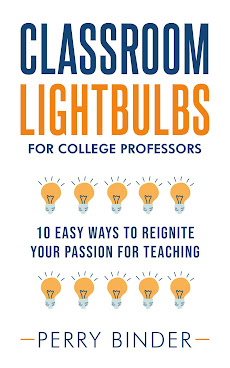
Here's my recent presentation for the GSU Pre-Law Club, and some of the relevant questions to ask yourself before applying to law school...
Reality of a Law Career
- Why law school? My story - Punching my ticket, assessing, and reassessing the life of a litigator
- Does every attorney go to court? (various fields of law)
- How is law school different from the practice of law? Is being a "creative hustler of greater importance than grades and experience?" Interesting quotes from this article:
"Part of the problem is that students enroll in law school without really knowing what they will do," says White. She describes law school as "the great generalists graduate school" because the typical undergraduate has no real sense of what law is. "It is more common for undergraduates to have a popular culture sense about what the law is," she adds.
A dean who wanted enrollees to have an opportunity to reflect on whether to attend law school, "sent accepted applicants who had already paid their full non-refundable deposit a unique letter that generated national attention. In it, she asked, them to reconsider their choice of attending law school. The dean offered them the option to defer their admission for one year to further reflect on their chosen path. Of the 32 students who accepted her offer, only eight enrolled this year.
- Isn’t law school a very flexible degree? (It was for me)
- Does your graduate school decision require a cost benefit analysis? Is Law School a Winning Game or a Losing Game?
- Take Away Lesson #1 – If at all possible, the most important thing for you to do before applying to law school is to get a college internship - to see exactly what lawyers do.
- Take Away Lesson #2 – Start networking now -- In person opportunities (like the GSU Pre-Law Club which brought in an Immigration attorney to speak this week) and Social Media – which social media tool is the one you should focus on to reach attorneys? (LinkedIn)


















.jpg)